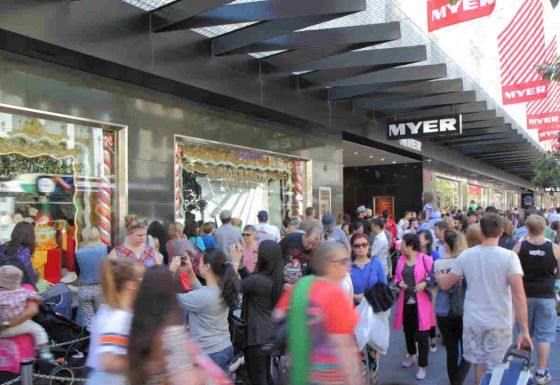© Copyright 2026 CANSTAR Pty Limited ABN 21 053 646 165 AR 443019 CR 538715
All Rights Reserved
- Privacy Policy
- Terms of use
- Licence Details & FSCG
- How we get paid
- Advertising Policy
- Conflicts of Interest
- Star Ratings and Awards Methodologies
- New Zealand
- Complaints Process
Any advice provided on this website is general and has not taken into account your objectives, financial situation or needs. Consider whether this advice is right for you. Consider the Product Disclosure Statement and Target Market Determination before making a purchase decision. Canstar provides an information service. It is not a credit provider, and in giving you information about credit products Canstar is not making any suggestion or recommendation to you about a particular credit product. Research provided by Canstar Research AFSL and Australian Credit Licence No. 437917. You must not reproduce, transmit, disseminate, sell, or publish information on this website without prior written permission from Canstar.










